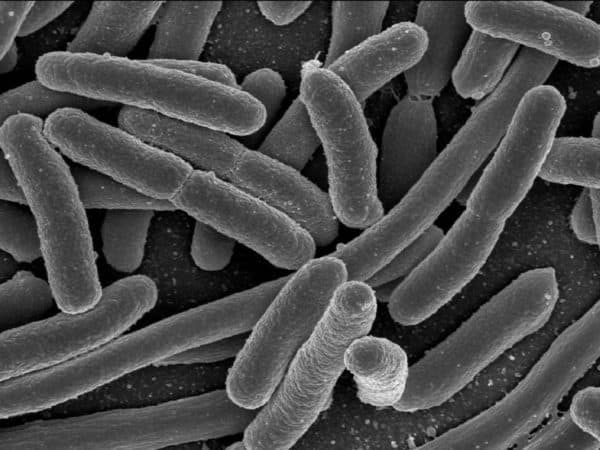Depression and gut health. Are they linked?

 Depression and gut health, is there a connection?
Depression and gut health, is there a connection?
We all know that our psychological state of mind can get reflected in our body. We get stressed out over a job interview and what happens? We’re agitated, we start to sweat, we get stomach cramps.
But the mind-body process works the other way, too, as more and more research is showing that a person’s mood, their neurological development and even clinical states such as depression can be caused by dynamic changes to the collection of bacteria inhabiting your digestive tract known as the microbiome.
“We have a strong interaction with our indigenous microbiota,” say the authors of a new study that argues that evolution has led to a complex connection between each of us and the billions of micro-organisms living within our bodies. “In general, the host–microbiota ecosystem is a story of cooperation, reflecting past and present of both host and their microorganisms.”
The findings suggest that taking good care of your gut flora could be an effective complement to current approaches to treating depression could be an effective complement to current approaches to treating depression…
Most of the cells in our bodies, in fact, are not human cells but those of bacteria and other micro-organisms. Formed within the first two years of life, the biota inhabiting our digestive tracts —our gut flora— are essential for breaking down and helping us to absorb nutrients and minerals and in fermenting dietary fibre into fatty acids. The genomic variety of gastrointestinal micro-organisms is about 100 times larger than that of humans themselves.
Beyond helping us to digest, gut flora play a key role in the production of antibodies by our immune system and, as research is now showing, gut flora are implicated in brain development, mood and disorders of the central nervous system, all thanks to the bi-directionality of the gut-brain flow of information, say the authors of a scientific review published in the journal Frontiers of Psychiatry.
“The microbiome-gut-brain axis is a complex system characterized by neuroendocrine-immune communication,” say the authors from the Department of Psychiatry and Psychotherapy at the Unviersity of Regensburg in Germany. “It influences the function of the brain by modulation of both immune and endocrine systems, hypothalamic-pituitary-adrenal axis, neurotransmitter pathways and growth factors.”
Concerning depression and the depressive syndrome, research has shown that genetic predispositions, stress factors at an early age and, notably, early-stage neurodevelopment can all factor into the likelihood of developing depression later on in life.
“Stress factors during critical periods in the neurodevelopment—such as prenatal, postnatal/early childhood, and adolescence seem to be enough to develop the depressive phenotype,” say the authors. “Since gastrointestinal bacteria have a strong communication with the brain via the microbiom-gut-brain axis, gut microbiome alterations can be ideal etiological factors related to depression.”
Depression is currently on the rise, especially in young adults. Up to 20 per cent of young Canadians are affected by mental illness or disorder and the Canadian Mental Health Association estimates that about five per cent of young men and 12 per cent of young women have experienced severe depression.
The authors point to research which has established that diets high in fast foods are associated with depression whereas healthier diets with enough fruits, vegetables and omega-3 fatty acids have a protective factor against depression.
The findings suggest that taking good care of your gut flora could be an effective complement to current approaches to treating depression.
Our habits -including our diet- are important factors modulating the microbiome-gut-brain axis,” says Juan M. Lima-Ojeda, lead author of the study and researcher at the University of Regensburg, in a press release. “So, an appropriate diet is important for adequate mental health, where an appropriate diet is one that includes vegetables, fruits, whole grains, fish, and enough water.”

